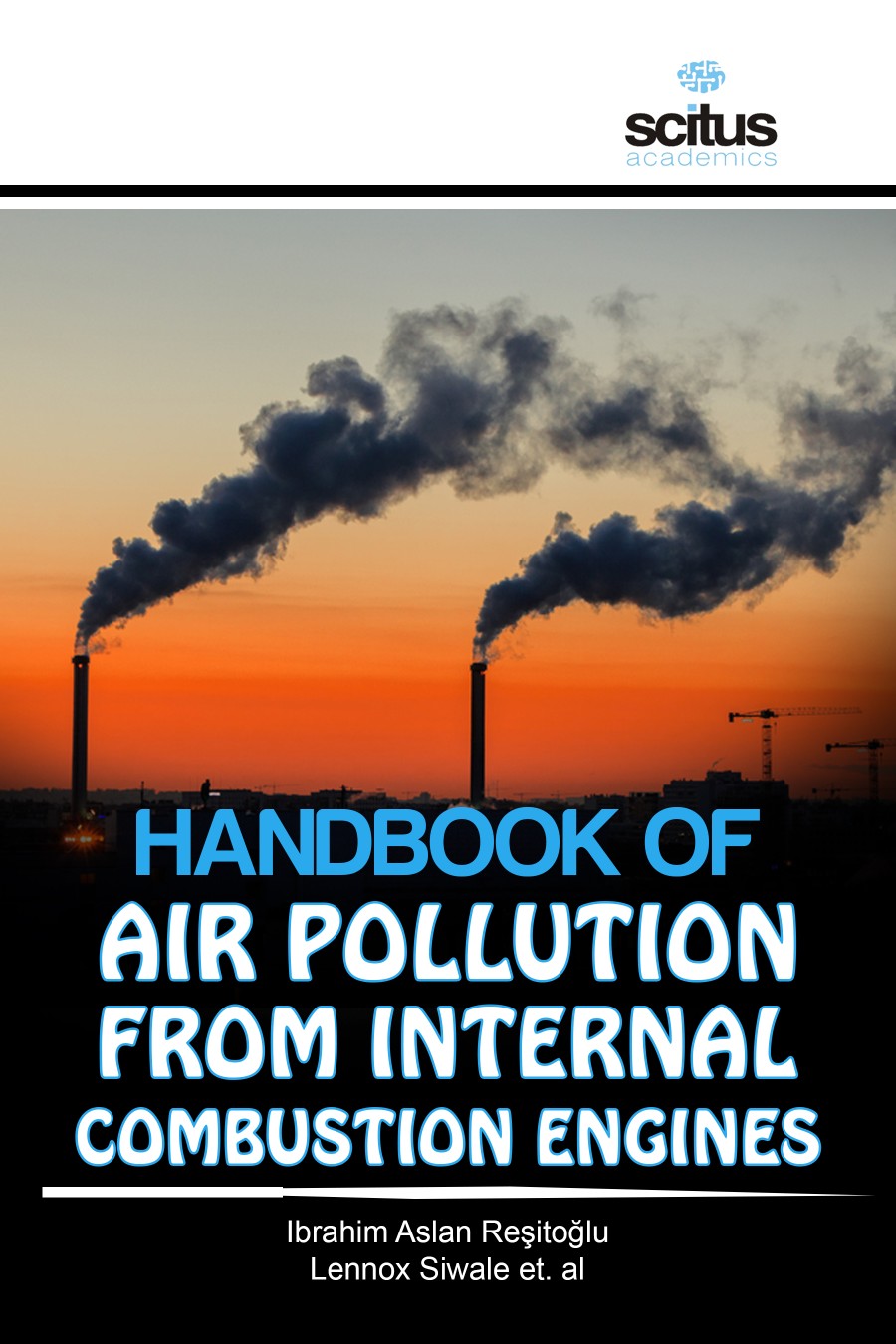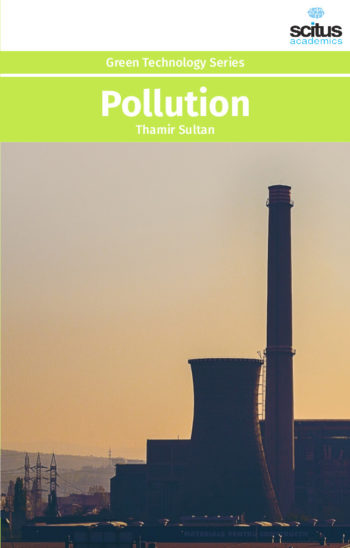Diesel has been one of the most used fuels in internal combustion engines for more than one century. It is due to its high availability, competitive prices, and high energy density. Rapid growth of a number of automotive industries in the world has resulted in increase of exhaust emissions to the environment. Vehicular emissions such as particulate matter, hydro carbon, carbon dioxides, carbon monoxides and nitrogen oxides are hugely responsible for the air quality deterioration. Two main internal combustion engine types such as petrol engine and diesel engine contribute to degrade the air quality in the urban environment. The negative impact of urban road traffic is mainly on air quality, ecosystem, and noise level. Due to the continuing increase of motor vehicles, human health and environment have been severely impacted.
Handbook Of Air Pollution From Internal Combustion Engines latest research on emissions and control of IC engines such as particulate matter(PM), hydrocarbon (HC), carbon dioxide (CO2), carbon monoxide (CO) and nitrogen oxides (NOx) are hugely responsible for the air quality deterioration. This book highlights the important need for more efficient and environmentally sound combustion technologies that utilize renewable fuels to be continuously developed and adopted. It brings out few chapters on the wide range of current engine issues, focusing on combustion-related research topics from fuel delivery to exhaust emission phenomena. In the future and across the developed and emerging markets of the world, the range of fuels used will significantly increase as biofuels, new fossil fuel feedstock and processing methods, as well as variations in fuel standards continue to influence all combustion technologies used now and in coming streams.













